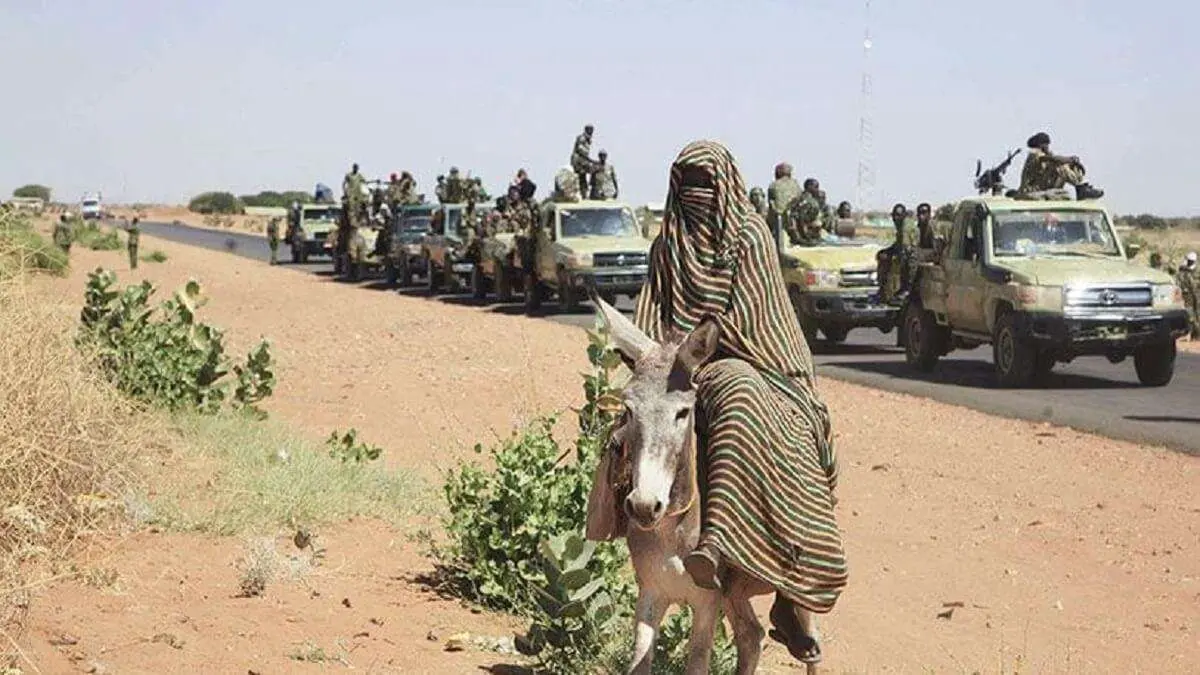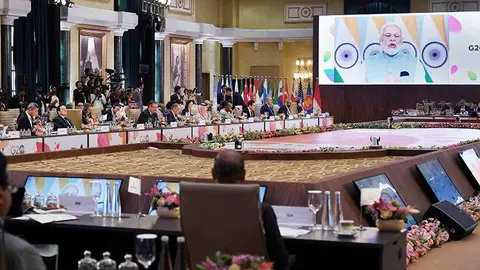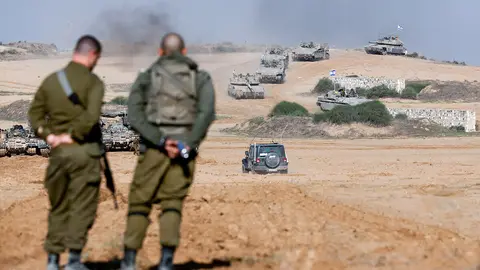Another massacre in Darfur

It is Christmas and there is no let-up in the killings in at least three places: Ukraine, Gaza and Sudan, the country I want to talk about today. I dare not use the word genocide without the relevant international institutions determining its existence.
It is too serious a term to be used without due rigour, and yet it has recently resurfaced with astonishing ease in connection with what is happening in Gaza and also in Darfur, a region of western Sudan to which the United States applied it twenty years ago now. And now the massacres in that wretched country are being repeated.
When dictator Omar al-Bashir, who had supported the rape, pillage and crimes of the Muslim Janjaweed militias in Darfur at the turn of the century, was toppled by a coup in 2019 and is still in prison in Khartoum (the International Criminal Court is still waiting to try him), a glimmer of hope opened up for Sudan, but the civilian government was soon sidelined by two warlords, General al-Burhan, who controls the Armed Forces, and General Hamadan (known as Hemedti) who controls the so-called Rapid Support Forces, heirs to the criminal Janjaweed militias. The former has the support of neighbouring Egypt, which supplies him with weapons, and the latter enjoys the backing of Russia and the United Arab Emirates, which also give him weapons in exchange for the gold that Sudan produces in the Darfur region.
At first, the two understood each other, stole and shared like good friends the wealth of the country they were plundering, but disagreements soon broke out and last April a quarrel broke out between them, leading to a brutal civil war that is further impoverishing a country of 45 million people where a third of the population lives below the poverty line, forcing millions of Sudanese to seek refuge in neighbouring countries or to move internally in search of safety in appalling conditions, as Sudan, a poor country if ever there was one, hosts up to a million refugees from even more unfortunate neighbouring countries, people fleeing conflicts in Eritrea, Yemen, Syria or Libya. And, as the saying goes, every dog has a flea.
The current wave of violence is hitting hardest in the battered western region of Darfur where General Hemedti has launched his Rapid Support Forces, made up of Muslim Arabs, against the indigenous tribes of the Fur, Masalit and Zaghawa, non-Arabic-speaking Christian or black animist farmers and pastoralists. The killings, rapes, looting and pillaging have reportedly already forced three million people to flee in the face of brutal militias that appear to be engaged in ethnic cleansing bordering on genocide, according to experts. FAR has already occupied four of the five most populated cities in Darfur, defeating a demoralised and poorly armed regular army, and forcing the fugitives to seek refuge in El Fasher, the only large city that has not yet fallen into the hands of the Rapid Support Forces, where they fearfully await the offensive of the Muslim militias in the face of the relative indifference of the world, which does not give this conflict the attention it deserves.
Which leads me to think that a kind of structural racism, of which we are probably not even aware, lives on in our minds, leading us to attach less importance to life when its owner is a person with dark skin. In Gaza we have already reached 17,000 dead amidst justified international outrage, but do any of you know that 600,000 people died in the war between Eritrea and Ethiopia between 2020 and 2022? Or that the daily deaths in the Congo today against a background of coltan and diamonds are not counted? But these dead, like those in Sudan, are not white?
We are very close to Christmas. UNHCR is appealing for help for Sudanese refugees. I wish them a happy Christmas and I encourage them to donate 135 euros, which is the cost of a tent to house a family who have lost everything. Even if they have never heard of Christmas.
Jorge Dezcallar, Ambassador of Spain



